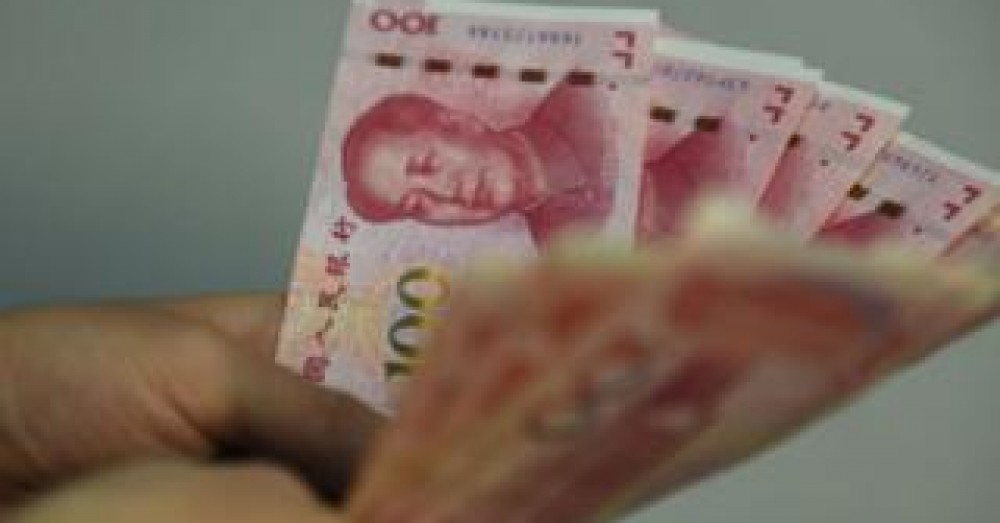China's central bank has issued 10 million yuan ($1.5m; £1.1m) worth of digital currency to 50,000 people in the Shenzhen area via a lottery.
The move is the latest in a series of trials testing out China's new Digital Currency Electronic Payment (DCEP).
Those who were successful received digital "red packets" worth about 200 yuan, which they could download and spend at more than 3,000 stores.
Nearly two million people signed up to take part in the lottery.
The People's Bank of China (PBOC) says it plans to launch DCEP later this year, although it is yet to set a date.
In April, it was conducting tests in four cities across China, and intends to pilot the system at future Winter Olympics venues.
Cashless society
The DCEP is not a crypto-currency. Instead it is a digital version of China's official currency the yuan, which is issued and backed by the central bank.
It is part of China's push for a cashless society, a process which is already well advanced.
Surveys show roughly four out of every five payments in China are made through Tencent's WeChat Pay or Alibaba's Alipay.
Data from the People's Bank of China showed that in 2019, banks handled non-cash mobile payments of $49.27 trillion, an increase of more than 25% over the previous year.
China aspires to be a leader on digital currencies.
A commentary published by PBOC last month said China needs to become the first nation to issue a digital currency in its push to internationalise the yuan and reduce its dependence on the global dollar payment system.
The digital currency race
This latest test comes as central banks worldwide grapple with the potential rise of digital currencies and how they should be managed.
Earlier this month, a group of seven central banks, including the Federal Reserve and the Bank for International Settlements (BIS), published a report laying out guiding principles for central bank-issued digital currencies.
At least 17 governments are considering or testing out some form of digital currency, according to an BIS report issued in March.
In addition to national governments, private companies are also looking at the concept.
Facebook was forced to rethink its plans for a digital currency, named Libra, after a number of regulators and governments expressed concern over the project.
Share This Post















